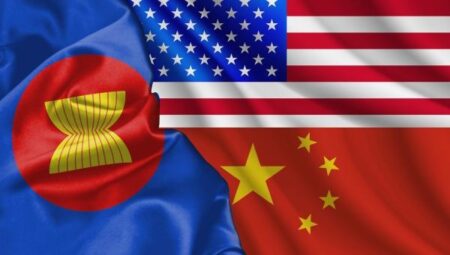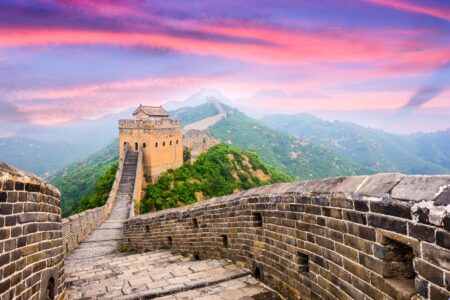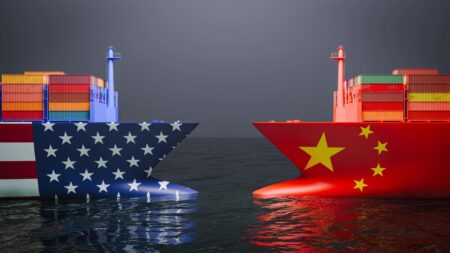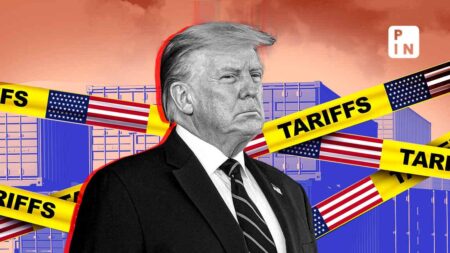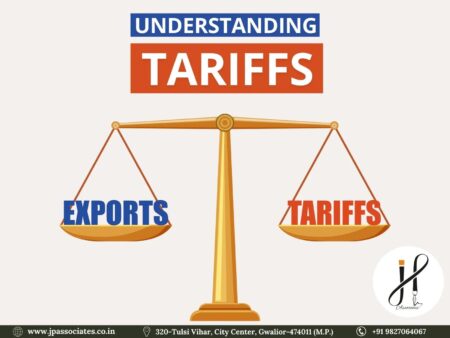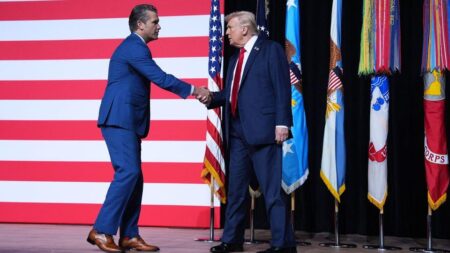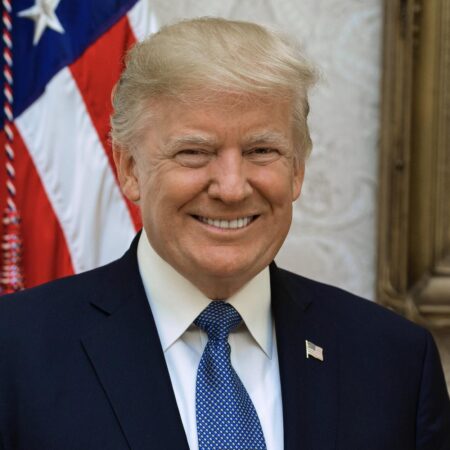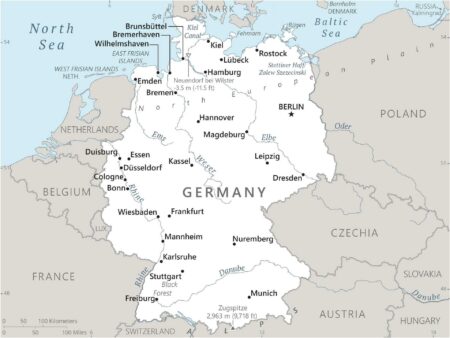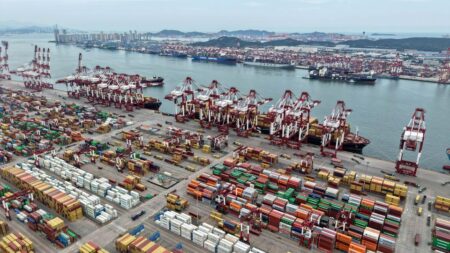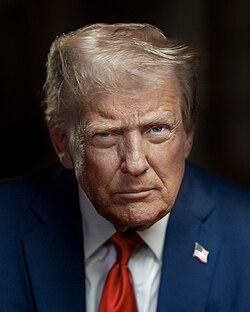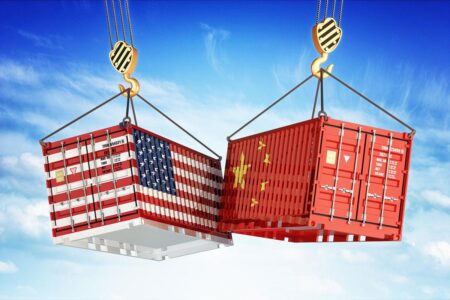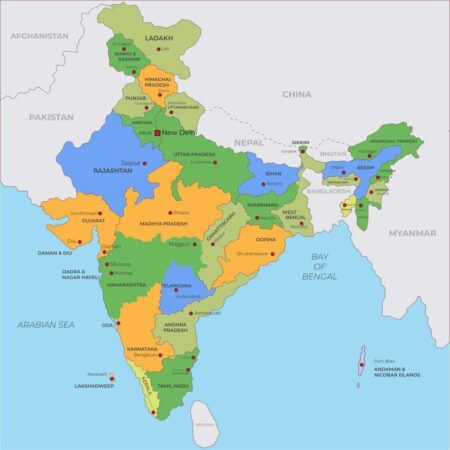US and China signal easing tensions, igniting a powerful rally across global markets. Oil prices soar on upbeat demand forecasts, fueling investor excitement. Traders remain alert as shifting geopolitical dynamics reshape the economic landscape. Reuters reports
Browsing: global economy
China’s economic growth has stumbled dramatically, weighed down by soaring tariffs and a deepening slump in the property market. This slowdown highlights growing challenges for the world’s second-largest economy, the Los Angeles Times reports
This week, investors are on high alert as key data drops, featuring CPI numbers from the US, UK, Japan, and Canada, along with the Flash Global PMIs. Attention is also riveted on Japan’s crucial upper house election. Markets are gearing up for significant shifts as inflation trends and growth indicators take center stage
Former President Donald Trump boldly declared, “We’re in a trade war with China right now.” He emphasized the urgent need for strong, decisive measures to address trade imbalances and protect American industries
President Trump’s escalating trade war with China is sending powerful shockwaves through the global economy, disrupting supply chains and igniting market chaos worldwide. Nations across the globe are facing mounting uncertainty as tariffs ripple far beyond the U.S.-China relationship
Amid rising U.S. tariffs triggered by Trump’s trade war, Brazil’s Lula and India’s Modi are forging a stronger alliance, tapping into new markets and boosting collaboration to overcome economic hurdles and secure lasting growth
Oil prices slipped on Wednesday, dragged down by persistent concerns over a global supply glut. Heightening market unease, escalating US-China trade tensions added further strain, Reuters reports. Investors are proceeding with caution as demand forecasts remain uncertain
Former President Trump has just unleashed a bold new 100% tariff on Chinese imports, escalating tensions and reigniting the fierce trade war with Beijing. This dramatic move sends shockwaves through the economy, raising serious concerns about potential fallout and threatening to disrupt global market stability
Opinion | Four pivotal moments have driven China’s extraordinary economic surge, from revolutionary market reforms to its smooth entry into the global trade arena. South China Morning Post explores how a twist of fate played a crucial role in powering this incredible transformation
Former U.S. President Donald Trump has boldly stepped forward, vowing to guide Argentina through its intense economic turmoil. Yet, experts remain skeptical about the feasibility of his promises amid the nation’s entrenched struggles
As Trump extends bailout offers to Argentina, analysts warn of a looming “debt trap” linked to expanding financial ties with China. Concerns are mounting over the far-reaching geopolitical and economic impacts this could have on the region
Germany soared during the first China Shock, leveraging its powerful manufacturing and export strengths to new heights. However, experts warn that the next wave of economic shifts driven by China’s rise could pose serious challenges to its industrial backbone
In his UN address, China’s Premier Li delivered a powerful call for global unity, peace, and shared economic prosperity, urging nations to come together to overcome challenges and propel sustainable development into the future
Former President Donald Trump confidently stated that Argentina doesn’t need a bailout, but he emphasized that the U.S. is prepared to offer support if called upon. His comments arrive as the South American nation grapples with serious economic challenges
China has firmly rejected former President Trump’s threat of 100% tariffs, declaring, “We don’t take part in wars.” This powerful statement underscores Beijing’s determination to steer clear of a dangerous escalation in trade tensions with the U.S
Former President Donald Trump issues a stark warning: sanctions may be imposed if NATO halts its oil purchases, escalating the already tense Ukraine-Russia conflict. His remarks inject fresh tension into an increasingly complex geopolitical battle
Kazakhstan has skyrocketed in the global competitiveness rankings, outpacing Japan and Spain, according to the latest report. The Astana Times highlights the country’s bold economic reforms and strategic investments driving this extraordinary success
India has called on BRICS nations to confront trade deficits boldly, as the bloc unites in opposition to U.S. tariffs. This decisive move underscores growing economic cooperation amid rising global trade tensions, CNBC reports
India, Russia, and China boast vibrant trade connections, exchanging billions of dollars in goods annually. Their major imports include energy, machinery, and electronics, while their exports range from raw materials to advanced technology-showcasing the power and strategic depth of their economic alliances
US companies operating in China are standing their ground despite soaring tariffs, highlighting intricate supply chains and strong market connections. Many confess they feel “trapped,” as relocating operations would be both expensive and extremely difficult

